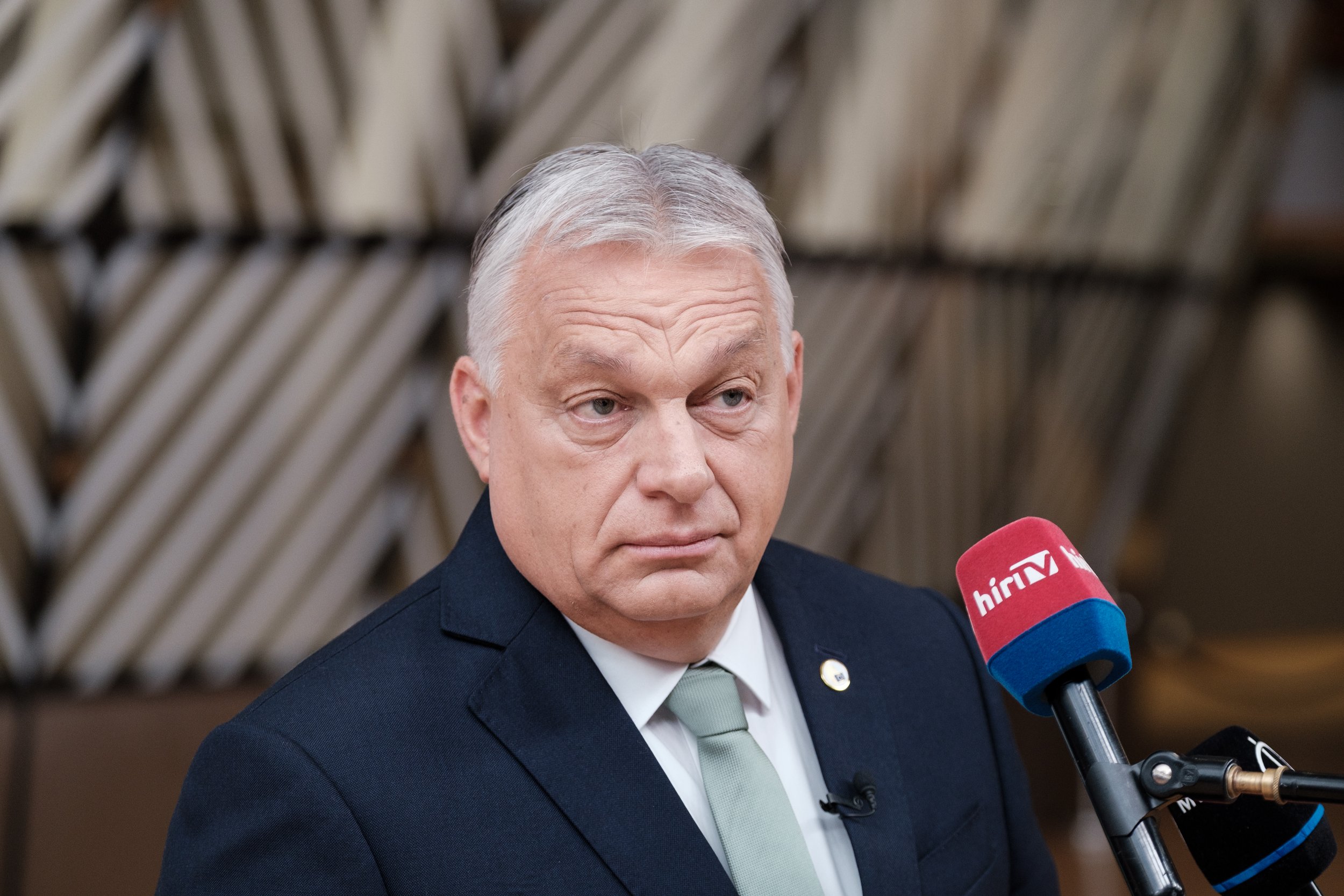Hungary's Anti-Gay Law Lashed by EU, Orban Won't Back Down
Photo © European Union, 1998 – 2025, Attribution, https://commons.wikimedia.org/w/index.php?curid=173183995
An anti-LGBTQ law in Hungary that critics said furthered Prime Minister Viktor Orban's consolidation of power was denounced by European Union leaders at a bloc meeting in Brussels, albeit to no avail.
The legislation that's due to go into effect July 9 prohibits sharing content on homosexuality or sex reassignment to people under 18 in school sex education programs, films or advertisements.
To prevent rivals from trying to reject it, Orban tied the law that bans school talks on LGBT issue to a separate, widely-supported measure that strictly penalizes pedophilia.
The European Parliament's rapporteur for the issue, Greens lawmaker Gwendoline Delbos-Corfield from France said that, "Using child protection as an excuse to target LGBTIQ people is damaging to all children in Hungary”.
Orban's Fidesz party has a hardline Christian conservative stance and is virulently anti-immigrant. Orban also has withstood pressure from EU leaders about ignoring the rule of law.
“It’s not about homosexuality, it’s about the kids and the parents,” Orban said at the EU meeting. “I am defending the rights of homosexual guys but this law is not about them,” The Associated Press reported.
Luxembourg Prime Minister Xavier Bettel, who is openly gay, said the Hungarian law further stigmatizes homosexuals and should be fought.
“Being homosexual is not a choice; being homophobic is,” Belgian Prime Minister Alexander De Croo told Orban during the meeting, according to a EU diplomat who did not want to be identified, the AP said.
AN EXIT OFFERED
Dutch Prime Minister Mark Rutte was particularly harsh on Orban and told him he could use the same clause in the bloc's treaty that the United Kingdom did to leave the EU if he wouldn't follow its alleged values.
Hungarian Justice Minister Judit Varga tweeted that's not going to happen and lashed out at the EU. “We want to save it from hypocrites,” she said.
For all the tough talk, the EU has danced delicately around the volatile Orban, and before the meeting only 17 of the bloc's 27 countries signed a letter urging European Commission President Ursula von der Leyen to take Hungary to the European Court of Justice over the measure.
A letter was sent to Varga seeking “clarifications, explanation and information” about elements of the bill that appear to “directly violate the prohibition of discrimination based on sex and on sexual orientation,” and would put homosexuality, sex change and divergence from self-identity “on the same footing as pornography.”
EU Parliament President David Sassoli said a mechanism making payouts to Hungary from a COVID-19 recovery fund conditional to the respect of the rule of law should be activated but no move has been made to do so yet.
Orban, who's so far won three straight terms, faces an election in 2022 and in an apparent play to his hardcore base lambasted LGBT people – and immigrants – policies that have deeply split the country. Independent media voices remain stifled.
Gay marriage is not recognized in Hungary and only heterosexual couples can legally adopt children. Orban's government has redefined marriage as the union between one man and one woman in the constitution, and limited gay adoption.
There's been some backlash, including condemnation from leading filmmakers who've used Hungary to shoot movies, but it's uncertain how that will play out, said Variety.
German media company RTL’s Hungarian arm said that, “We worry that the bill gravely harms freedom of expression, human rights and basic freedoms,” and the measure could put pressure on US studios doing business in Hungary, the report said.
There could be another confrontation coming during the ongoing Budapest Gay Pride parade in the country's capital this month, an event that has drawn scores of thousands.

